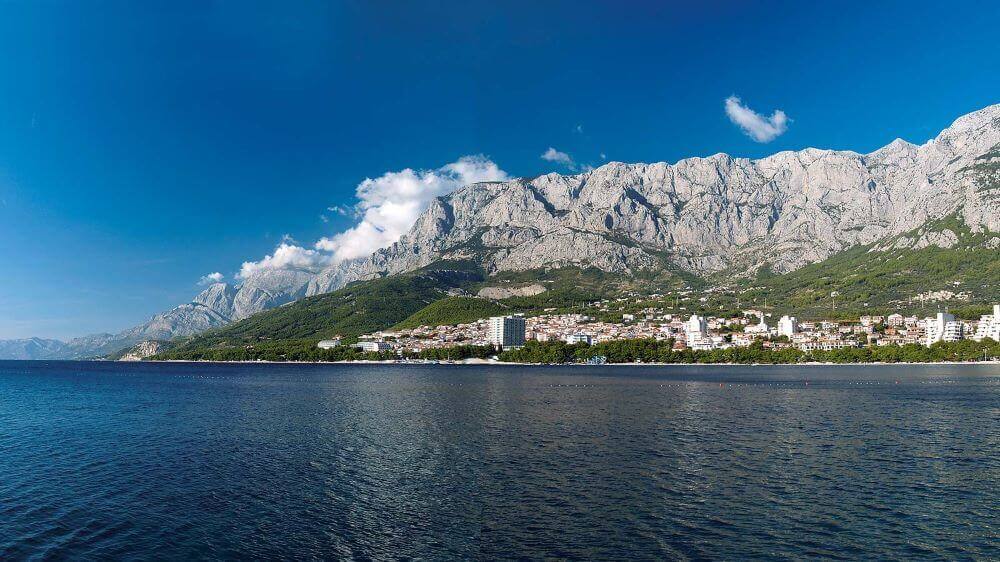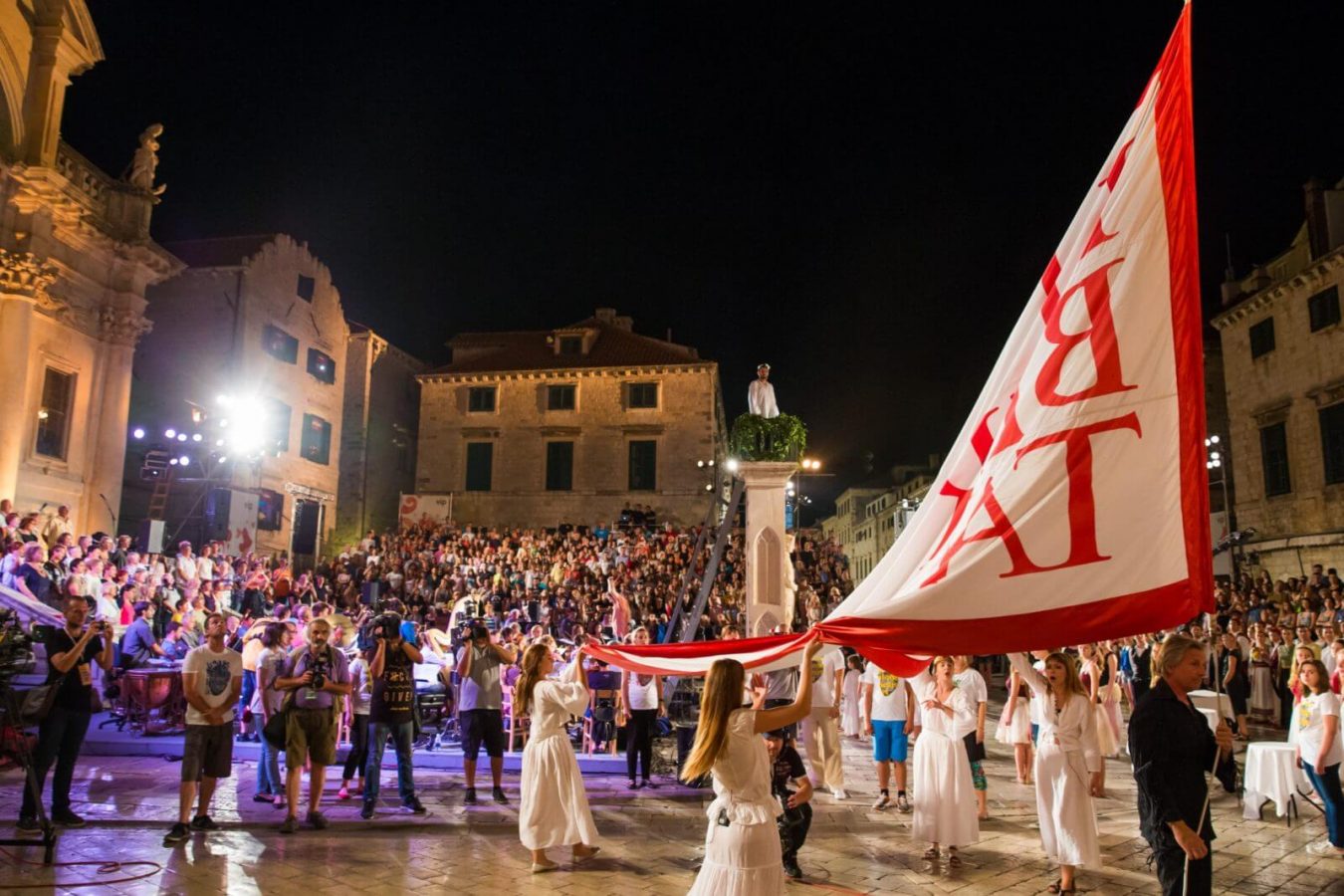Croatia is an amazing country that people are eager to explore for its unique culture and magnificent landscape. It is most famous for its picturesque Adriatic Sea coastline and the captivating old-fashioned cities of Dubrovnik, Split, and Zadar.
From beaches to national parks and mountain ranges, Croatia offers something for everyone, from a relaxed beach vacation to an exciting journey. It draws in a multitude of tourists from around the world, from lone adventurers to groups of friends to active families. But can people feel secure when traveling to Croatia?
Croatia is generally considered a safe country to visit, and it’s a number one holiday pick for families because of this. Villsy has detailed information on travel safety in Croatia. Like any other destination, it’s always a good idea to exercise caution and be aware of your surroundings, especially in crowded tourist areas.
Petty crimes, such as pickpocketing and theft, can occur, so it’s essential to take steps to protect your personal belongings. Overall, Croatia is a popular tourist destination and offers a safe and enjoyable experience for travelers. In order to get the most out of this experience, there are some written and unwritten rules you might find helpful!

Research Before You Travel
As with any other destination, there are some very important things you should research before traveling there, in order to avoid issues with the police, and the locals and to better your overall experience. Of course, it depends on which destination in Croatia you pick, but the following rules are general and can be applied anywhere.
It is important to research the local laws and customs in order to avoid any misunderstandings or legal issues. This includes things like drug laws, public behavior regulations, and cultural norms.
The legal drinking age in Croatia is 18 years old. Smoking is banned in public places such as bars, restaurants, cafes, and hotels. The use and possession of marijuana are illegal in Croatia and can result in severe penalties. Some businesses and shops are closed on Sundays in Croatia, so visitors should plan accordingly.
It is essential to familiarize yourself with the traffic rules and regulations of the destination you are visiting. This includes speed limits, road signs, and parking restrictions. The speed limits in Croatia are 50 km/h in built-up areas, 80 km/h outside built-up areas, and 130 km/h on motorways. If you are planning a road trip, you can find more of these by clicking here.
Research the quality of healthcare in the destination, including the availability of emergency medical services and the cost of medical treatment. Recently, Croatia has also changed its currency, so make sure you bring euros!
In case you find yourself in some tricky situations and need urgent help from your Embassy, we recommend finding their contact on the official government site with all the necessary information.
Respect Local Customs and Traditions
This should go without saying, but any country and culture you wish to pay respect to will be achieved if you actively participate in or enjoy their customs and traditions. Croatia celebrates several national holidays such as Christmas, Easter, and All Saints’ Day.
Other important events include the Dubrovnik Summer Festival, the Split Summer Festival, and the International Folklore Festival in Zagreb. Folk dancing is an important aspect of Croatian culture, with traditional dances like the Kolo, Letnja Serenada, and Linđo being performed at festivals and events.
Croatian cuisine is a fusion of Mediterranean and Central European flavors, with dishes like seafood, meat, and vegetables being a staple. Wine production is also an important part of the Croatian tradition, with famous wine regions such as Istria and Dalmatia producing high-quality red and white wines. Of course, don’t forget about the olive oil. You will taste some of the most richly flavored virgin olive oil ever in these regions.
Handicrafts are a vital part of Croatian culture, with local artisans producing beautiful items like pottery, lace, and jewelry. You will also see that Croatian traditions are heavily influenced by religion, and there is no shortage of churches you can pay a visit to in every single town in Croatia.
Traditional Croatian clothing is still worn on special occasions, including national holidays, weddings, and other celebrations. Women typically wear folk dresses and headscarves, while men wear trousers and jackets.
All of these are a strong part of Croatian culture, so in case you want to really get a feel of the place try to enjoy as many of them as you can. Also, Croatians will be very grateful when they see you appreciate what makes their nation so unique.

Avoid Unnecessary Disputes
Croatians are generally an extremely welcoming and friendly nation. They have hosted millions of tourists on a yearly basis, and they are usually good with foreign languages, especially the younger generation.
They are also known for their Mediterranean-influenced lifestyle which includes taking things easy, drinking a cup of coffee for several hours in the cafes located on their rivieras, and an overall uplifting spirit in the people.
However, like any other country, it can have certain areas of the topic that are best avoided. Croatians have a rich cultural heritage and history, which can sometimes lead to conflicts with people who have different beliefs and traditions. They are mostly a conservative country, so when communicating with the older generation make sure to keep this in mind.
Stay Away From External Political Issues
One of the main subjects that could cause unpleasant situations and experiences when coming in contact with the locals is politics. Beware that this is a very touchy subject among Croatians due to their intense political history.
There have been many wars and disputes with its neighboring countries, which ultimately led Croatia to its independence. However, it is a story not many like to remember, so it is recommended not to mention things like Yugoslavia.
Croatia has spent many years recovering from its traumatizing past and is nowadays on its way to integrating European Union standards as much as it can in its policies. Of course, it is always encouraged to learn this beautiful country’s history but there are places for that, such as tour guides and museums.
Don’t Forget Your Documents
You should have your documents with you at all times. Police can always ask for your passport or ID, so before you go on your trip double check if they are with you.
Keep your documents in a safe and easily accessible place, such as a money belt or a travel document holder. You can even scan your documents and email them to yourself as a backup in case of loss or theft.
Remember to keep your documents safe and secure throughout your trip, and to report any loss or theft to the local authorities immediately.

Don’t Forget The Weather And Terrain
Depends on which city you are visiting in Croatia, but keep in mind it has a diverse climate and terrain. It’s a country that ranges from warm and sunny beaches to cold and snowy mountains.
There are often cases of visitors getting stuck on mountains because they hadn’t brought the proper gear or water and food supply. Research the area you want to hike in and plan your route accordingly. Make sure you are familiar with the trail and the landmarks along the way.
Before heading out, check the weather conditions for the day. This will come in handy even for those planning to sail during their holidays. Keep updated with the latest weather forecast, and if you get stuck have the Croatian Mountain Rescue Service contact on hand. Pack essentials like water, food, a first-aid kit, a map, and a compass, and enjoy what this beautiful country has to offer.
The bottom line
Croatia is one of the safest countries in the world, but there are a few things you can do to improve your experience. Research the basics, have your documents on hand at all times, avoid touchy political conversations with locals and you’re good to go. As a reward, you will have a holiday you will remember for the rest of your life!
FAQ
Some frequently asked questions about Croatia:
In Croatia, tipping is not as strict as in other countries. In restaurants and beauty/spa services, it is polite to leave a 10% tip. In bars or cafés, you can just round up the bill. Tour guides will appreciate a small tip, and you can round up to the next euro for taxi drivers.
Croatians will appreciate you not bringing up their political issues, being punctual, dressing more or less modestly in religious sites, and taking off your shoes before entering their homes.
You can watch out for pickpocketing and ATM scams. Be careful not to get sunburned if you are visiting in summer and avoid overpriced unofficial tour guides.